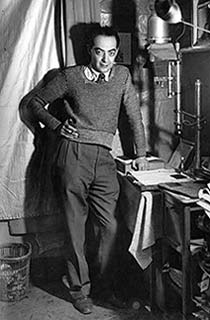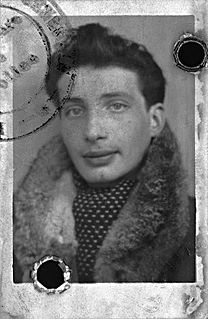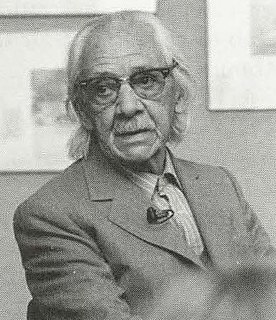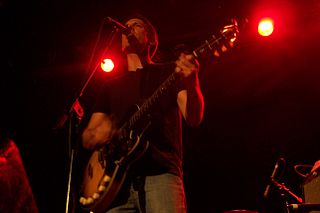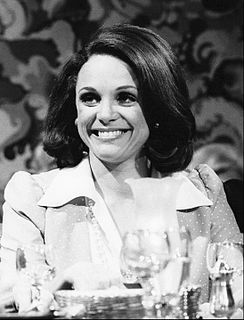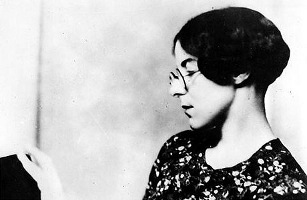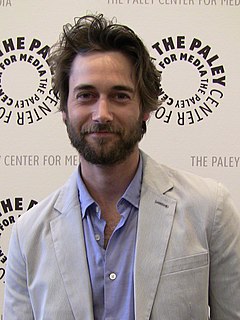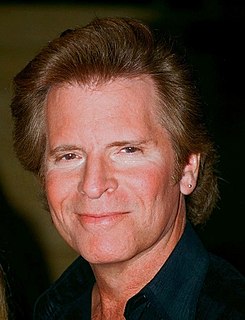A Quote by Brassai
It is not sociologists who provide insights but photographers of our sort who are observers at the very center of their times. I have always felt strongly that this was the photographer's true vocation.
Related Quotes
I do not believe that it is necessarily the duty of the writer to give a voice to his community. If a writer is true to his vocation, to his or her vocation, the very process of creativity enlarges these human horizons. It provides insights, even when you're not writing, when your writing's not dealing with a concrete political situation.
A photographer is a witness. He has a moral duty. Every picture must be true and honest. I believe a photographer's strength is his ability to accurately record reality. There are photographers who think they are lucky if they find unusual or special subject. But it is never the subject that is so marvelous. It is how alive and real the photographer can make it.
Even bright people are going to have limited, really valuable insights in a very competitive world when they're fighting against other very bright, hardworking people. And it makes sense to load up on the very few good insights you have instead of pretending to know everything about everything at all times.
There are some women in whom conscience is so strongly developed that it leaves little room for anything else. Love is scarcely felt before duty rushes to encase it, anger impossible because one must always be calm and see both sides, pity evaporates in expedients, even grief is felt as a sort of bruised sense of injury, a resentment that one should have grief forced upon one when one has always acted for the best.
Doing a film with somebody who's from a different country or culture than you is very fulfilling because they bring with them different insights, experiences, cultural norms, and expectations. All of those things can sort of broaden your own understanding of things or provide a different perspective.
It just seemed like all the records I have made since Creedence Clearwater Revival have all been sort of pushed off center. I felt like I was dancing around the outskirts of what is my true center. With this album, I really wanted to stay on the mark, right in the middle, right where rock 'n' roll is. I wanted this one to be easier, a lot more fun than some of the past records have been.
I always refused to give in if there was some argument with my father. Whether it was true or not, I refused to admit it and so often I would - well, tell lies, perhaps. I would either do that or change the story. Particularly if I felt that my father was being unjust, then I was very strongly motivated to not accept his ruling.
